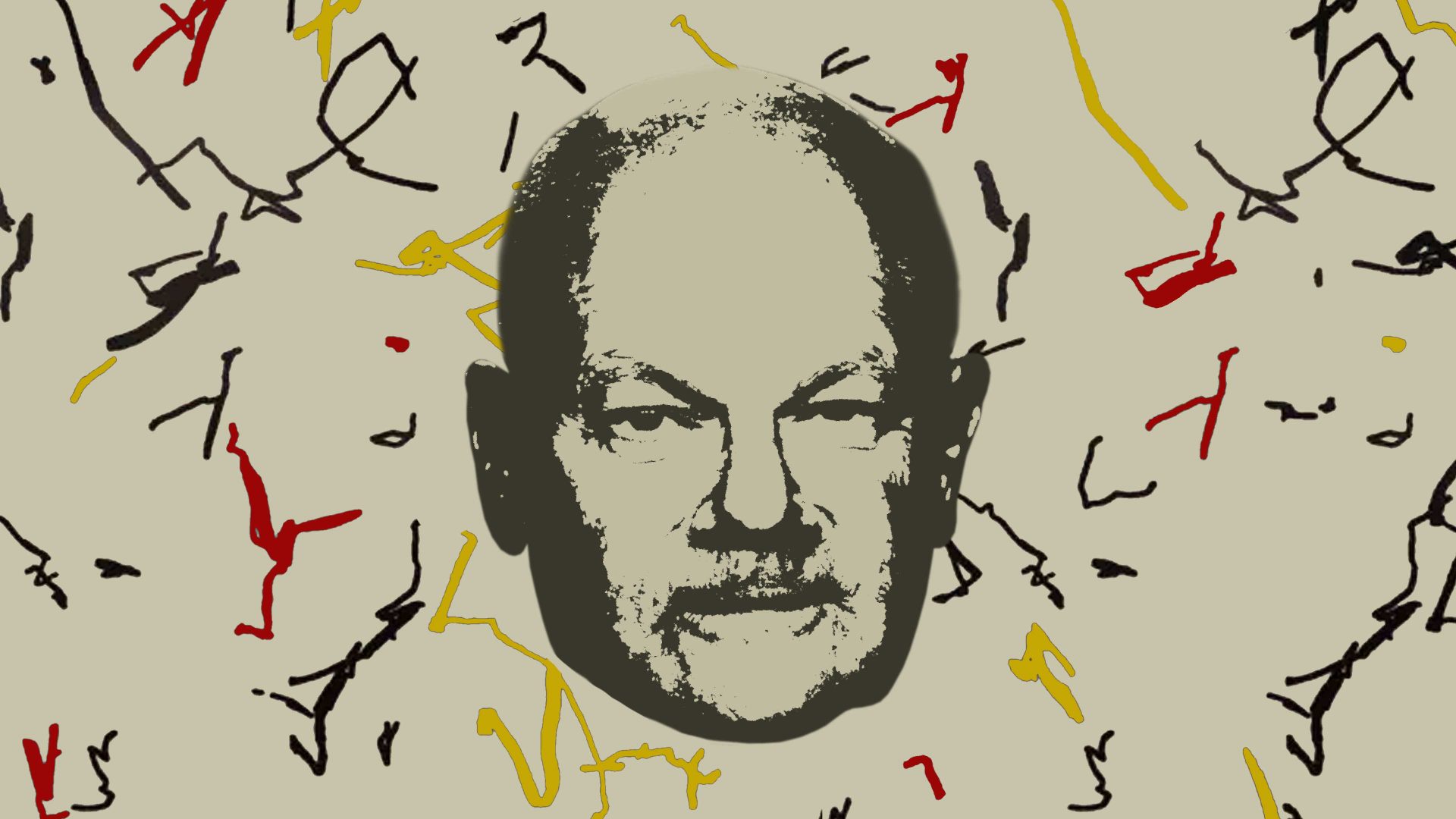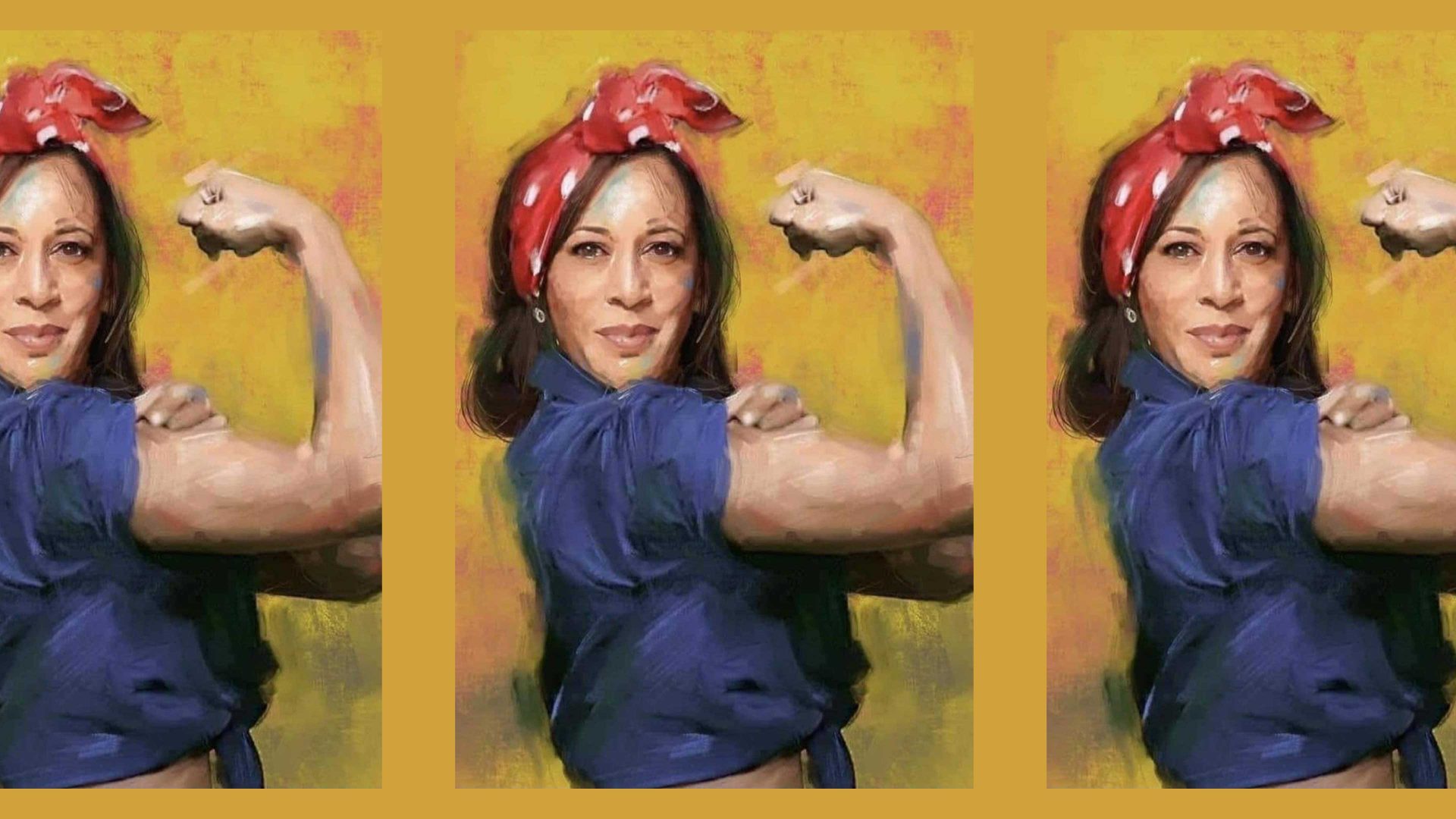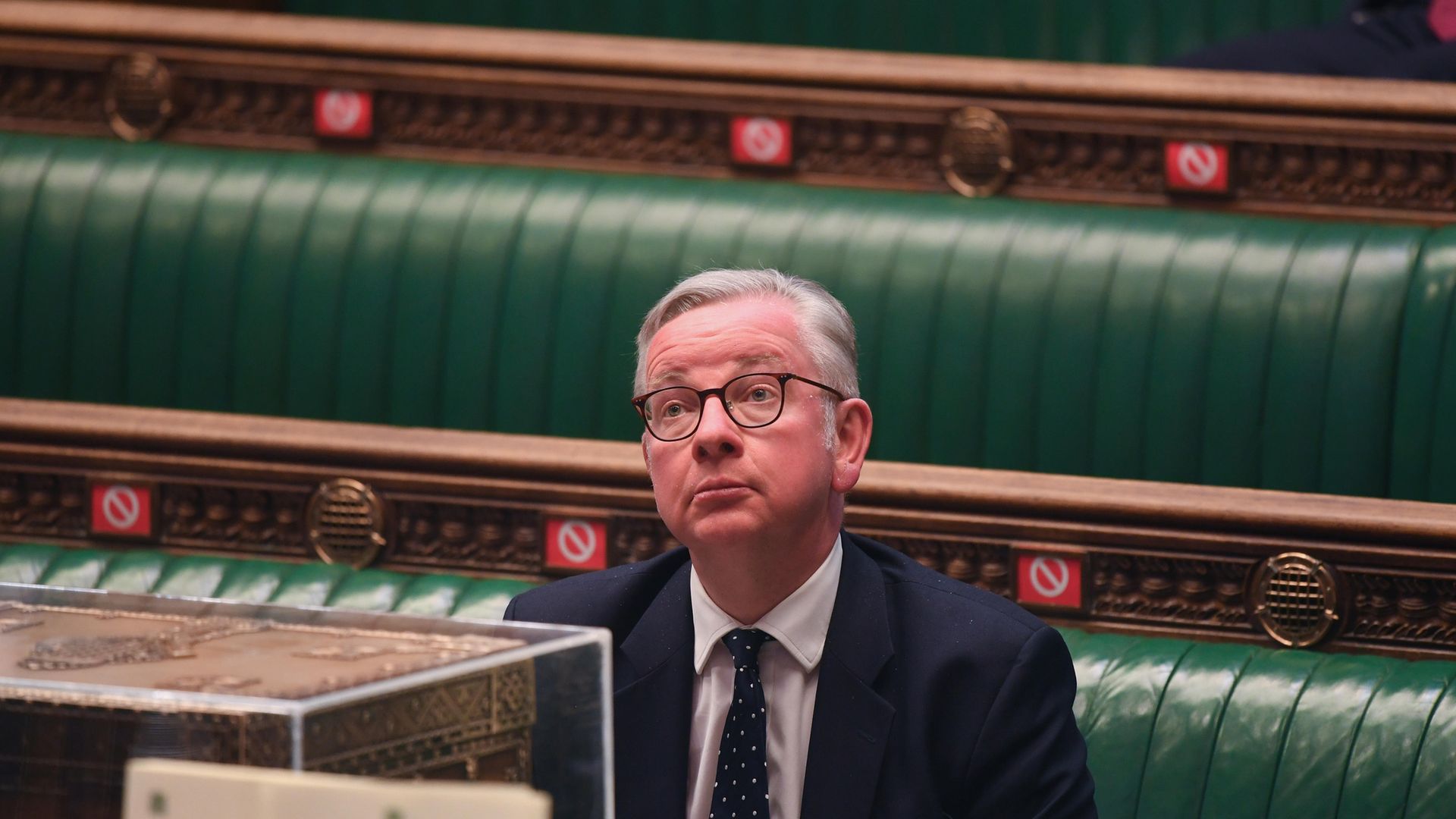Will Bundeskanzler Olaf Scholz have his own “Biden moment”? This was the first question the chancellor was confronted with, not even three minutes into his traditional summer meeting with Berlin’s parliamentary correspondents before the holiday break. The idea isn’t far-fetched.
Compared with the outgoing US president, there is nothing wrong with 66-year-old Scholz. True, he has memory lapses as well, but these are intentional, concerning his meetings with the Warburg boss during the bank’s tax-fraud troubles.
There is no doubt: Scholz is fit for office. Healthwise.
And yet, with just over a year to go until the next federal election, his social democrats are increasingly worried about Scholz’s fitness in other aspects. During his short time in the Bundeskanzleramt, and with an incessantly quarrelsome three-party coalition, he may not have achieved an awful lot. He has, however, broken one record: the worst satisfaction levels since public broadcaster ARD started asking this particular poll question in 1997. Only 20% of voters say they are content with Scholz’s work.
In other polls, the coalition doesn’t fare as badly (61% discontent), but still it has not managed to get any positive ratings for a year.
During the last campaign, the SPD nominated Scholz as candidate not because they loved him (never did, still don’t), but because he had gained popularity as finance minister with his “bazooka” to help people and businesses tackle the effects of Covid. This popularity has evaporated.
The SPD recently had to face its lowest result ever, 13.9% in the European elections. Campaigning with Scholz as the “peace chancellor” turned out to be a damp squib.
They are now stalling between 13% and 15% in the polls. And in the upcoming state elections in Thuringia and Saxony – where campaign teams have opted for posters of local candidates instead of Scholz – the SPD will most probably fall to a single digit, currently projected at 6% or 7%.
Considering the margin of error in polls (+/- 2%), the German 5% threshold could even prove an unbreakable barrier for them to enter state parliaments at all.
At the press conference, Scholz’s response to the Biden question was uncommonly candid: “I will run as Kanzler to become Kanzler again”. He added that bad polls were “a stimulus to get better ones”. He said repeatedly how very united the SPD is. But even if he had insisted a hundred times, he knows that only a third of SPD members think he should run again.
Some 67% of those surveyed pleaded for a different candidate. Most – but not all – leading figures in the party quickly affirmed they stood behind Scholz as the 2025 candidate. But that was before they saw how Kamala Harris injected an energy-booster into the Democrats’ campaign.
So who could the SPD’s Kamala be? Most likely, it would be a Boris. Nein, not the one you had the pleasure of dealing with, but Boris Pistorius, our defence minister. Since taking office last year, he has quickly climbed to the top of the popularity ratings.
Interestingly, Pistorius is popular despite making unpopular demands: in pacifist Germany, his frankness about supporting Ukraine militarily, fulfilling our Nato commitments and turning the Bundeswehr into something that can actually be defined as an army – you know, with functioning equipment – wouldn’t usually get you kudos.
In Pistorius’s case, it does. The 64-year-old is the exact opposite of Scholz, who has a tendency to talk a lot, say very little and keep his distance. Pistorius stands up for his beliefs and takes the trouble to explain them in clear language.
Unlike Scholz, he doesn’t mind stating “Ukraine must win the war”. He even used the word “kriegstüchtig” (war-ready). A shocking term for many German ears, but when he explains that in order to prevent war you must show that you can actually handle one, people start nodding.
And speaking of people, Pistorius actually seems to enjoy talking to them. Scholz, on the other hand, likes to place a part-intellectual, part-arrogant barrier between him and anyone who doesn’t belong to his very small inner circle.
Interestingly, Scholz seems to think he won the 2021 election under his own steam. When in fact,he was helped by the other parties’ mistakes.
Back then, unity was the SPD’s joker card. But now, with two of five SPD MPs likely to lose their seats because of unpopular Scholz, rumours of a major revolt-to-come will probably drag on into next year.




